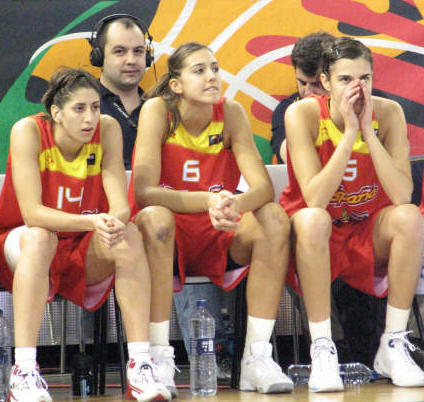At my office, we have a fairly set chain-of-command, and I land somewhere in the middle. Being the over-achieving perfectionist that I am, I find myself wanting to scoop up task that should go to someone below me, or any intern.
Even at home, I always want to do it all, and do it all right now. Laundry? I'll do it. Dishes? Done. Dog washing? Seriously, if my boyfriend tries to wash the dog I will pull the soapy little critter out of his hands!
But.. I have a feeling this has more to do with OCPD than some kind of super-work ethic.
BBC- Science offers an article about Perfectionism , that has a lot of information. There, at the bottom it notes a symptom:
Doubting of actions:
Feeling uncertain when a job is finished is a common feature of perfectionism. As a result, these people are often reluctant to give up on tasks and sometimes need to be told to 'leave it alone now'. Doubting can also make perfectionists very indecisive.
Maybe, my desire to do it all, and keep doing things past the point of completion, is hurting my mental state. After all, no one wants to spend all their time on repeating simple tasks. And the nagging self-doubt, and doubt of others, undermines my own happiness.
Giving up control and walking away from a project or chore is hard. It's like a athlete sitting on the sidelines, yelling at the coach and the playing teammates. But he or she knows at some point, everyone has to ride the bench, and take a breather. You can't play all 4 quarters, as athletes know, injury and pain are sure to hit an exhausted body.
You realize - I can't be in the game all the time, I can't keep re-running plays again and again. I have to trust my team, and myself, that what is getting done is good enough.
I can't control it all, and I can't always be in the mix, doing a job again and again until its right. So maybe the best thing I can do is sit back, and let someone else call the plays.


When you're riding the bench, you have to watch others doing things differently. Which can be hard for anyone, OCPD or not (but it's harder for those with OCPD).
ReplyDeleteAnd of course, we compare THEIR mistakes and choices to the better (imaginary) moves we would have made.
However - our imaginary behavior is, of course, perfect. We don't imagine we might have felt a sting in an unhealed paper cut that caused us to let the soapy dog slip or put soap directly into his eyes intead of on top of his head. We don't imagine making a dumb pass that lets the other team steal the ball and make the winning basket. So, to spin our wheels in agitation because we're on the bench - waste of good energy. :-)